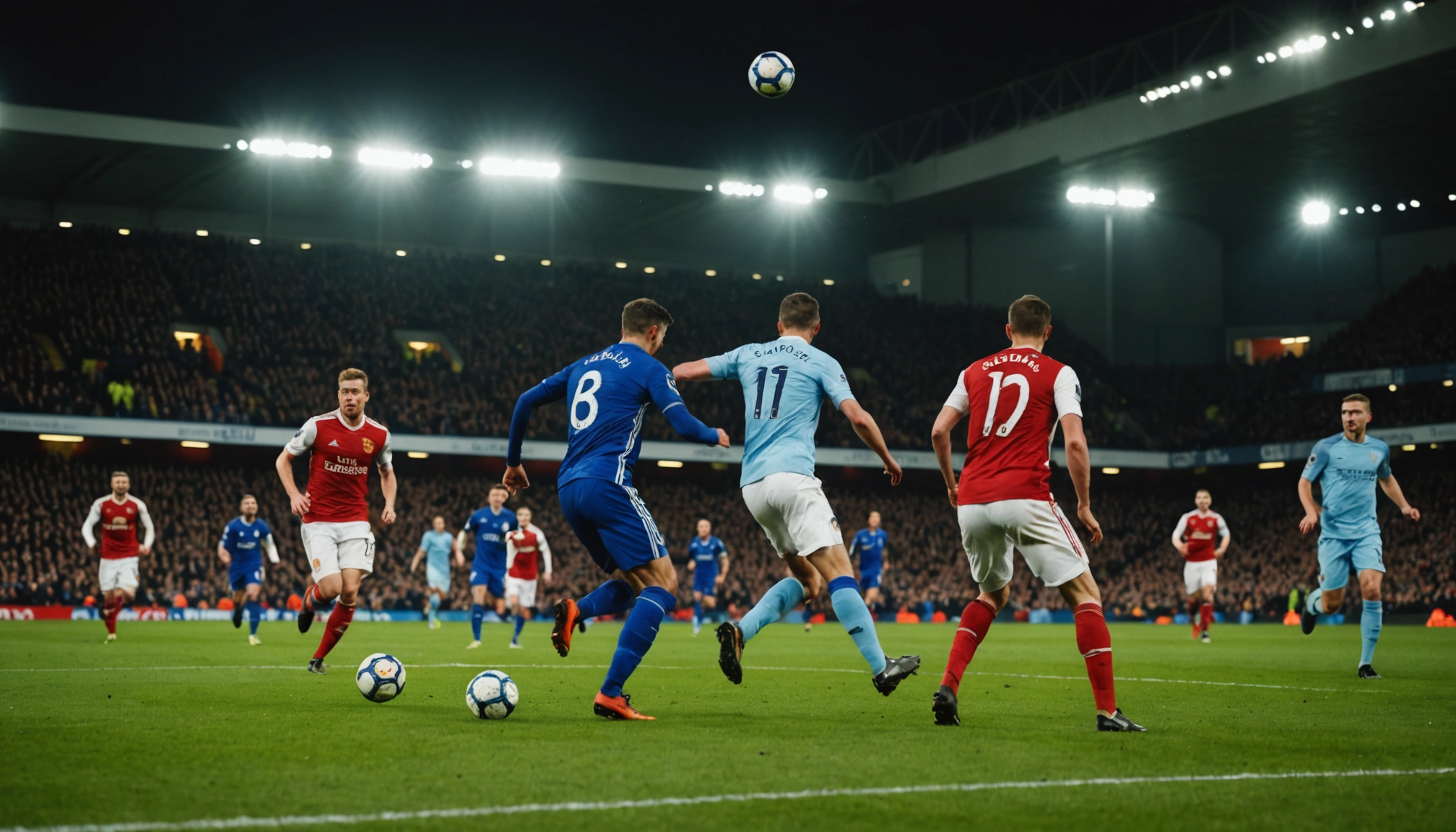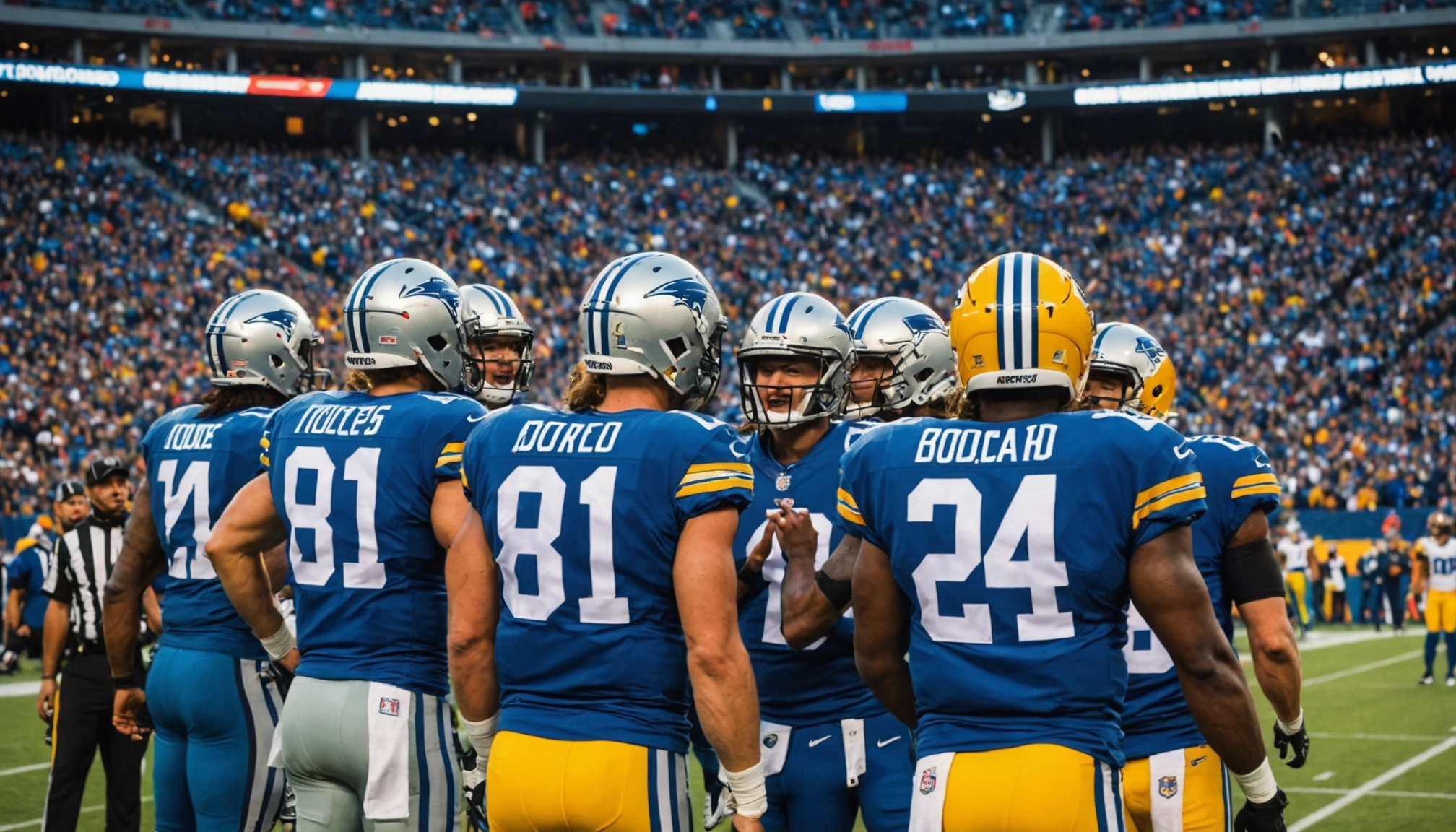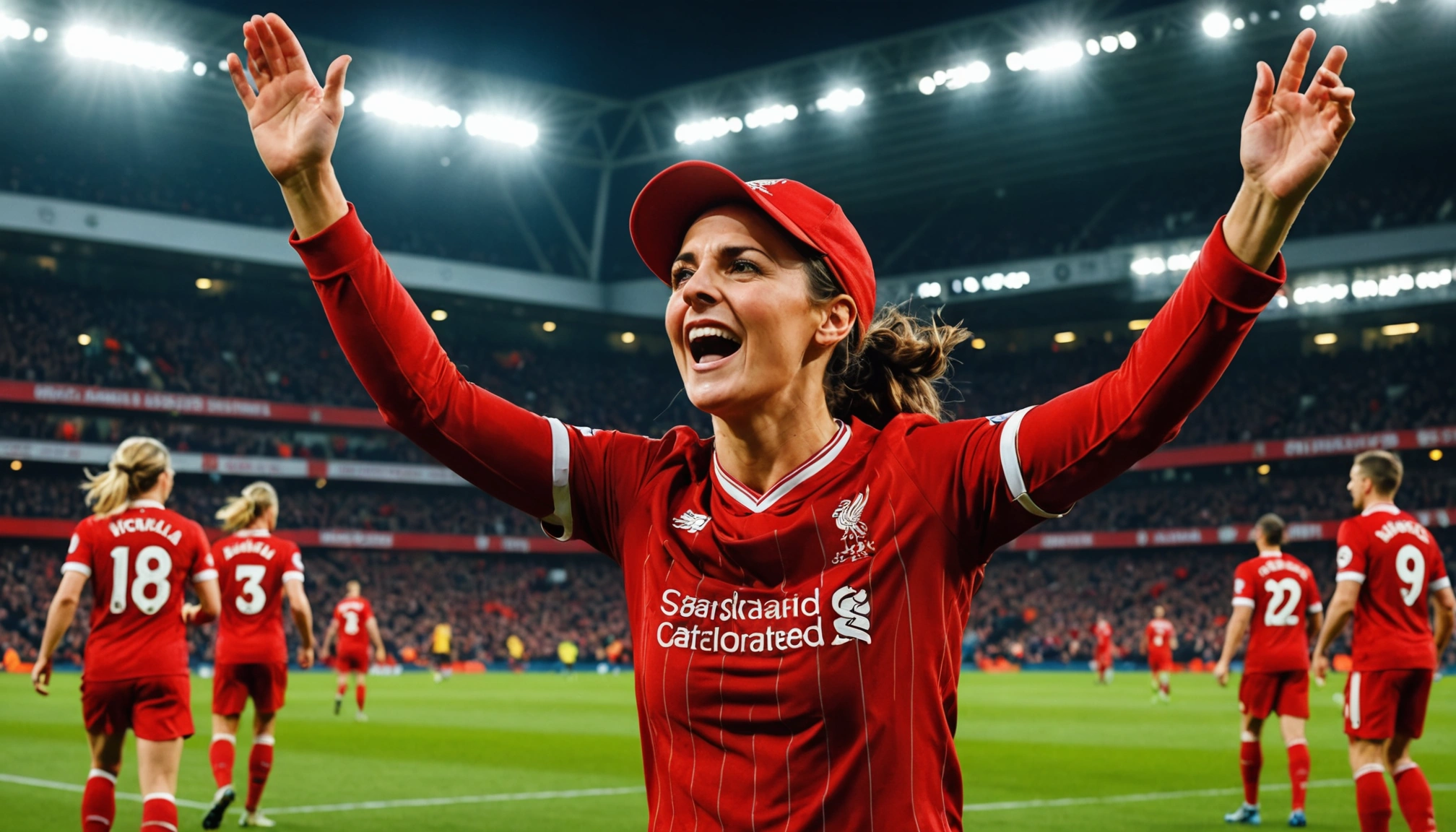Managing Player Minutes: Chelsea's Key Challenge This Season
Chelsea manager Enzo Maresca highlights player minutes management as a major issue this season amid injuries, praising Josh Acheampong's impact in recent win.

By Editorial
Introduction To Chelsea's Player Management Challenges
This Premier League season has posed significant challenges for Chelsea, particularly in managing player minutes effectively. Manager Enzo Maresca has openly discussed how injuries have complicated squad rotation, demanding a more strategic approach to player utilisation. This article explores why managing player minutes is more crucial than ever, highlights key player contributions, and examines how Chelsea is adapting in a demanding football landscape.
The Impact Of Injuries On Player Rotation
Injuries have been a persistent problem for Chelsea this season, limiting manager Maresca’s options and forcing him to carefully balance player fitness and match readiness. Unlike previous campaigns, where rotation might have been more flexible, the current injury toll means each player's minutes must be managed meticulously to avoid further setbacks.
This delicate balancing act involves assessing training loads, recovery times, and tactical needs, all while maintaining competitive performance. For example, after Chelsea's 3-0 victory over Nottingham Forest at The City Ground, Maresca praised young forward Josh Acheampong for stepping up and displaying remarkable personality on the pitch despite the squad’s constraints.
Josh Acheampong: A Case Study In Effective Player Use
Josh Acheampong’s recent performances exemplify the positive outcomes of strategic player minutes management. His ability to deliver goals and contribute dynamically to the team’s attack has been vital, especially when first-team regulars have been sidelined due to injuries.
Maresca highlighted Acheampong’s maturity and confidence, which have helped Chelsea maintain momentum in key matches. This approach not only boosts squad morale but also allows emerging talents to gain valuable experience under pressure, preparing them for bigger roles in future fixtures.
Strategies For Managing Player Minutes In The Premier League
Effective player minutes management goes beyond simple rotation. It encompasses:
- Data-Driven Fitness Monitoring: Clubs now use GPS tracking and biometric data to monitor players’ exertion levels and fatigue, enabling tailored rest and training routines.
- Match-Specific Tactical Adjustments: Managers adjust line-ups based on opponents and match intensity, ensuring players are not overburdened during congested fixture periods.
- Psychological Support: Mental fatigue can be as damaging as physical exhaustion; clubs provide psychological support to maintain player focus and motivation.
Chelsea’s current approach reflects many of these modern methods, aiming to mitigate injury risks and optimise performance across the squad.
Comparing Chelsea’s Approach With Other Premier League Clubs
While Chelsea faces unique challenges, other Premier League clubs have also grappled with player management this season. For instance, Celtic manager Brendan Rodgers recently commented on the pressure his team faces, which is in some ways more intense due to fixture congestion and squad depth issues.
These parallels highlight the universal importance of managing player minutes effectively in top-flight football, particularly in leagues with high match frequency. Readers interested in broader Premier League dynamics may also find value in exploring recent discussions on footballer welfare and performance optimisation.
Why Proper Player Minutes Management Matters
Beyond immediate match outcomes, managing player minutes impacts a club’s long-term success. Overplayed players risk prolonged injuries, which can derail entire seasons. Conversely, careful management helps preserve player longevity and maintains squad harmony by giving opportunities to rotating players.
For Chelsea, this balance is particularly delicate as they aim to compete on multiple fronts, including domestic league, cups, and European competitions. Their strategy in managing minutes could well define their season’s trajectory.
Looking Ahead: The Future Of Squad Rotation At Chelsea
Going forward, Chelsea is likely to continue refining its player management strategies. Incorporating technological advances and adopting a data-centric approach will be key, alongside nurturing emerging talents like Josh Acheampong.
Additionally, as fans eagerly anticipate upcoming fixtures, including significant tournaments and league matches, the club’s agility in adapting to injuries and form fluctuations will be under the spotlight.
For those interested in the wider sporting calendar, it’s worth noting other major events, such as the Ashes 2025 26 schedule Perth to host historic series opener, which reflects the broader sporting enthusiasm across the UK.
Conclusion: Balancing Act On And Off The Pitch
In summary, managing player minutes has emerged as a critical challenge for Chelsea this season. Manager Enzo Maresca’s candid remarks underscore the complexities of balancing competitive demands with player welfare amid injury setbacks.
Through strategic rotation, technological support, and empowering young players, Chelsea is navigating this difficult terrain. Fans and analysts alike will be watching closely to see how effectively the Blues can maintain their performance levels while protecting their squad for the long haul.
Related topics
Editorial
Sports expert at SportsScoop
Specialist in sports analysis and journalism
Related articles
Want to read more?
Explore our comprehensive collection of sports articles and analysis, or contact us for more information.



